What is hosted telephony?
Hosted telephony, also known as cloud-based telephony or cloud phone system, is a communication system that is hosted and managed by a service provider in the cloud. This means that businesses no longer need to maintain expensive on-premises equipment or worry about upgrades and maintenance. In this section, we’ll explore some of the key benefits of hosted telephony for businesses.

The ISDN Switch-off
The ISDN switch-off is a process by which traditional Integrated Services Digital Network (ISDN) services will be discontinued and replaced with all-IP (Internet Protocol) services. If your business is still using ISDN, you will need to make changes to your telecommunications infrastructure to ensure that you remain connected after the ISDN switch-off.
Find out more about the ISDN switch-off here.
The Benefits of Hosted Telephony for Businesses
Cost Savings
One of the biggest advantages of hosted telephony is cost savings. By using a cloud-based phone system, businesses can avoid the upfront costs of purchasing and maintaining on-premises equipment. Cloud hosted telephony providers typically charge a monthly subscription fee based on the number of users and features required, making it easier for businesses to budget and plan for their telephony expenses.
Scalability
Hosted telephony is highly scalable, meaning that it can easily grow and adapt to meet the changing needs of a business. Businesses can add or remove phone lines or features as required, without having to invest in new hardware or software. This makes it easier to accommodate business growth or changes in staffing levels.
Flexibility
Hosted telephony allows employees to work from anywhere, as long as they have an internet connection. With features like mobile apps and softphones, workers can make and receive calls from their mobile devices, laptops, or desktops, making it easier to work remotely or on the go. This level of flexibility helps businesses to attract and retain top talent.
Robust Features
Hosted telephony offers a wide range of features, such as call forwarding, voicemail, call waiting, caller ID, and more. These features can enhance productivity and improve customer service. Hosted telephony providers often offer additional features that can be tailored to a business’s specific needs, such as call recording, call analytics, and integrations with other business applications.
Reliability
Hosted telephony providers typically offer high levels of uptime and redundancy, ensuring that businesses can stay connected even in the event of a disaster or outage. Plus, the provider handles maintenance and updates, ensuring that the system is always up-to-date and running smoothly. This helps businesses to avoid costly downtime and maintain high levels of customer service.
Futureproof Your Business Telecommunications
Are you ready to upgrade your business phone system to a modern, efficient, and cost-effective solution?
Hosted telephony may be the answer. Contact us today to learn more about how our cloud-based phone systems and communication solutions can help your business increase productivity, enhance collaboration, and improve customer service.
Mitigating Potential Drawbacks of Hosted Telephony

While hosted telephony systems offers many benefits for businesses, there are also potential drawbacks that need to be considered. In this section, we’ll explore some of the potential drawbacks of hosted telephony and how they can be mitigated.
Internet Connectivity
One of the biggest potential drawbacks of hosted telephony is its reliance on internet connectivity. If there is a disruption to the internet connection, businesses may not be able to make or receive calls. However, there are several ways to mitigate this risk:
- Choose a reliable internet service provider: A reliable internet connection is crucial for hosted telephony, so it’s important to choose a provider that offers high levels of uptime and service guarantees.
- Implement failover solutions: A failover solution, such as a backup internet connection or a cellular backup, can ensure that businesses remain connected even in the event of an internet outage.
- Prioritise Quality of Service (QoS): QoS is a network management technique that can prioritise traffic for certain applications, such as voice and video, to ensure that they receive the necessary bandwidth and are not impacted by other network traffic.
Reliance on a Third-Party Provider
Another potential drawback of hosted telephony services is its reliance on a third-party provider. If the provider experiences downtime or goes out of business, businesses may be left without a phone system. To mitigate this risk, businesses can:
- Choose a reputable provider: It’s important to choose a provider with a proven track record of reliability and customer support.
- Ensure data portability: When signing up with a provider, businesses should ensure that they have the ability to port their phone numbers and data to another provider in the event of a disruption or provider failure.
- Implement a disaster recovery plan: Businesses should have a disaster recovery plan in place in the event of a disruption or provider failure. This plan should include backup systems, communication protocols, and procedures for getting the system back up and running as quickly as possible.
Security Concerns
Hosted telephony, like any cloud-based system, raises concerns about data security and privacy. To mitigate security risks, businesses should:
- Choose a provider with strong security measures: Providers should have robust security measures in place, such as encryption and multi-factor authentication, to protect sensitive data.
- Implement security best practices: Businesses should implement best practices for data security, such as regularly changing passwords, limiting access to sensitive data, and using firewalls and antivirus software.
- Conduct regular security audits: Regular security audits can help identify vulnerabilities and ensure that the system is secure.
Conclusion

Hosted telephony offers many business benefits, including cost savings, scalability, flexibility, robust features, and reliability. However, there are also potential drawbacks that need to be considered, such as internet connectivity, reliance on a third-party provider, and security concerns.
By implementing the strategies outlined in this post, businesses can mitigate these risks and fully realise the benefits of hosted telephony. As more businesses move to the cloud, hosted telephony is becoming an increasingly popular option for organisations of all sizes, offering a modern and efficient communication solution that can improve productivity and customer service.
Find Out More
To find out more about hosted telephony solutions from Marlin Communications, you can book a free consultation here or call us on 0800 032 8274 to speak to a Solution Consultant.
Subscribe to the Marlin Communications Newsletter on LinkedIn
About Marlin Communications
Marlin Communications is an award-winning, leading provider of Unified Communications & collaboration solutions including voice, data, mobile, video, network security and contact centre technology for businesses of 50 – 5,000 staff.
We have clients across the UK and in Europe and our own, on-premises, 1,000 ft² Technology Suite at our Bath office, where we host regular events and showcase technology solutions for our clients. Contact us for your free comms audit or product demo.
Get the latest tech news & reviews – straight to your inbox
Sign up to receive exclusive business communications, tech content, new tech launches, tips, articles and more.


